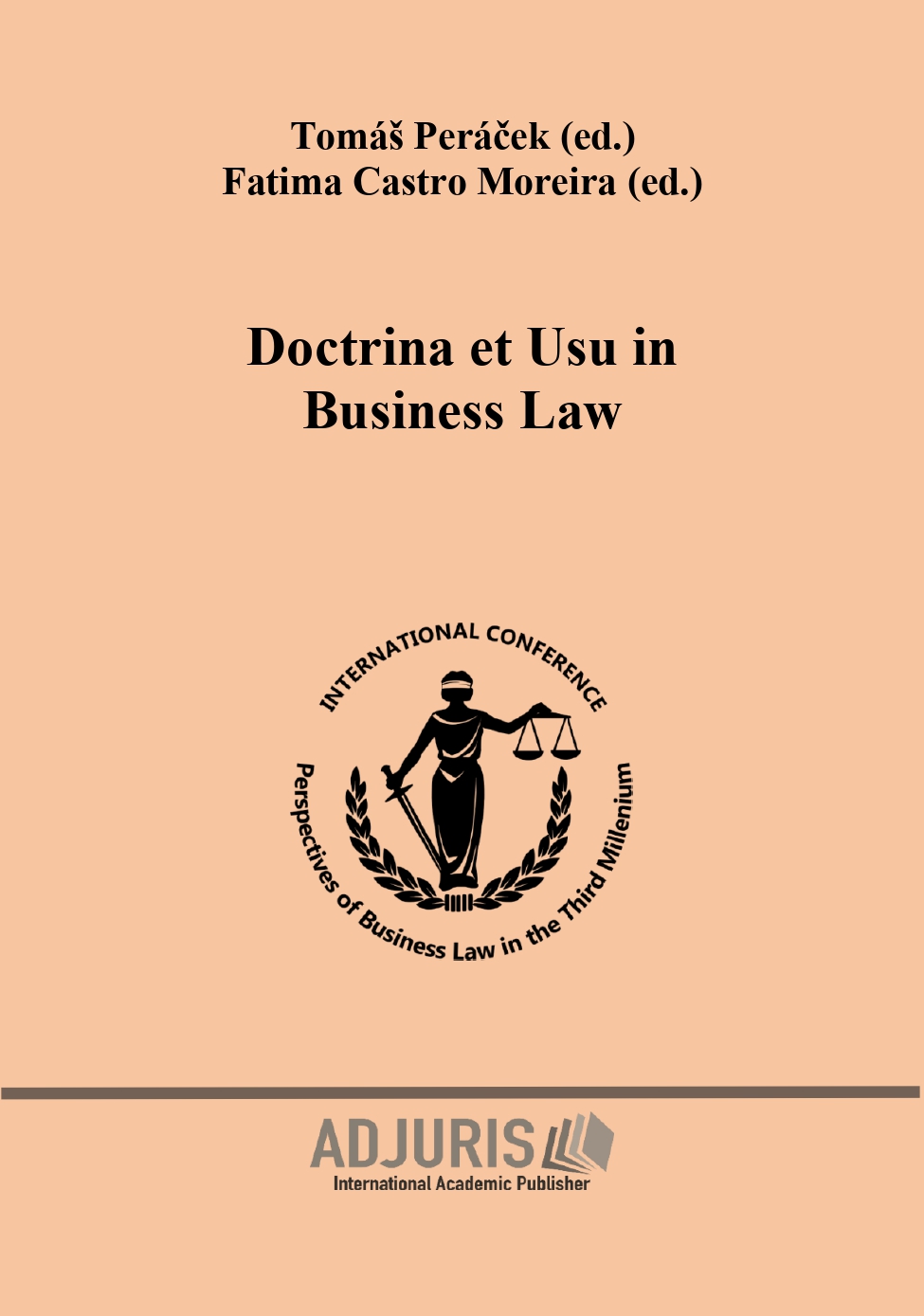Legal Professionals’ Effectiveness as Anti-money Laundering “Gatekeepers”
Legal Professionals’ Effectiveness as Anti-money Laundering “Gatekeepers”
Author(s): Todor Kolarov
Subject(s): Law, Constitution, Jurisprudence, Criminal Law, International Law, Law on Economics
Published by: Societatea de Stiinte Juridice si Administrative
Keywords: lawyers; money laundering “red flags”; beneficial owner; DNFBPs; money laundering “gatekeepers”;
Summary/Abstract: The article strives to contribute to the discussion on the topic of the role of Designated Non-Financial Businesses and Professions (DNFBPs) in preventing criminal funds from entering the financial system. Based on empirical data harvested from a target group of lawyers and notaries from three European Union (EU) member states (MS), namely Bulgaria, Italy and Spain, it applies the inductive method to draw conclusions on the strengths of this “gatekeeper” group in detecting money laundering (ML) “red flags” and identifying the ultimate beneficial owner. The conclusion from this empirical analysis is that lawyers and notaries are reasonably effective in detecting ML “red flags”, while encountering difficulties when it comes to more complex ML schemes. They face challenges in the identification of ultimate beneficial owners. The originality and value of this paper lies in its assessment of effective application of legal professionals’ “gatekeeper” responsibilities. It argues that legal profession has the responsibility to improve further its AML capabilities. At the same time, in setting the direction for improvement of the AML regime, the legislator also has a role to play in addressing some of the challenges yet avoiding overwhelming the legal profession with red tape.
- Page Range: 163-174
- Page Count: 12
- Publication Year: 2023
- Language: English
- Content File-PDF

